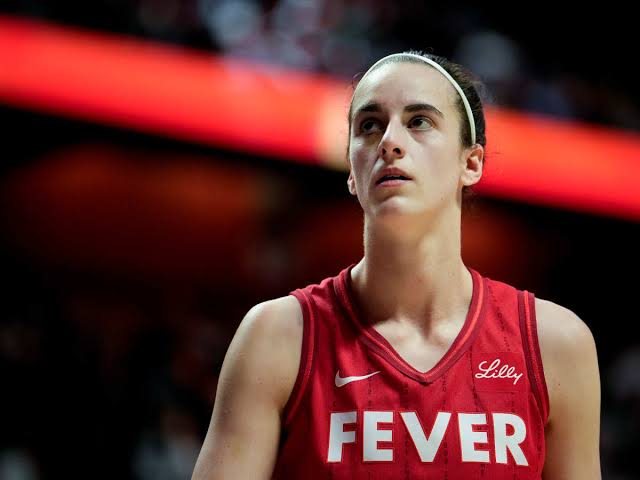Caitlin Clark, the standout guard from the Iowa Hawkeyes, has been making headlines recently, not only for her exceptional skills on the court but also for her strong stance on the importance of player agency and empowerment in women’s basketball. As Kelsey Mitchell, a former Ohio State star and current WNBA player, navigates her free agency, Clark’s comments carry significant weight in the context of the evolving landscape of women’s sports.
Clark’s message to Mitchell underscores the critical need for athletes to advocate for themselves during free agency. In a sport that has historically seen its players undervalued, the emergence of stars like Clark and Mitchell is pivotal. Clark expressed her belief that players should seize opportunities to shape their careers and make decisions that align with their personal and professional goals. This is particularly relevant for Mitchell, who is at a crossroads in her career, seeking to maximize her impact and legacy in the league.
In recent interviews, Clark emphasized the importance of player autonomy. “It’s crucial for athletes to know their worth and pursue opportunities that reflect that,” she said. This sentiment resonates deeply with Mitchell, who has faced challenges in finding her ideal situation in the WNBA. Clark’s support for Mitchell serves as a reminder of the broader issues of agency and representation that continue to influence the women’s game.
Mitchell, known for her scoring prowess and leadership, has consistently proven herself as a valuable asset to her teams. As she approaches free agency, the decisions she makes will not only affect her career trajectory but also serve as a statement about the growing power of female athletes in professional sports. Clark’s encouragement highlights the importance of these choices—not just for individual players but for the future of women’s basketball as a whole.
The dynamics of the WNBA are shifting, with more players taking control of their destinies through strategic moves in free agency. This is a trend that Clark has been vocal about, asserting that players should prioritize their needs and aspirations. She mentioned that the freedom to choose where to play can enhance the league’s competitive nature and ultimately benefit the sport’s visibility and growth.
Moreover, Clark’s support for Mitchell comes at a time when the WNBA is experiencing heightened attention and investment. With new media deals and increased fan engagement, the platform for female athletes is expanding. This evolution makes the decisions that players like Mitchell face even more critical. Clark encourages her peers to embrace this moment, reminding them that they have the power to influence the direction of the league and the visibility of women’s sports.
In her remarks, Clark also addressed the importance of mentorship among players. She noted that established players like Mitchell can pave the way for younger athletes, creating a legacy of empowerment and support. This mentorship is vital as the next generation of players looks up to current stars, seeking guidance and inspiration in their own journeys.
Mitchell’s situation serves as a case study in the complexities of free agency. With various teams eyeing her talents, she has the opportunity to evaluate her options and choose a path that aligns with her ambitions. Clark’s message is clear: it’s about more than just signing a contract; it’s about finding a place where one can thrive and contribute meaningfully.
As the WNBA continues to grow, Clark and Mitchell represent a new wave of players who are unafraid to voice their opinions and assert their rights. Their commitment to advocating for themselves and each other speaks volumes about the culture that is being cultivated in women’s sports. The solidarity among players fosters an environment where everyone can succeed, and Clark’s encouragement to Mitchell is a testament to that collaborative spirit.
In conclusion, Caitlin Clark’s strong message to Kelsey Mitchell amid her free agency journey reflects a pivotal moment in women’s basketball. It emphasizes the significance of player empowerment, the importance of making informed choices, and the need for mentorship within the sport. As both players navigate their careers, their actions will undoubtedly influence the future of the WNBA and inspire countless young athletes. The dialogue surrounding agency, choice, and support will continue to shape the narrative of women’s sports for years to come.


